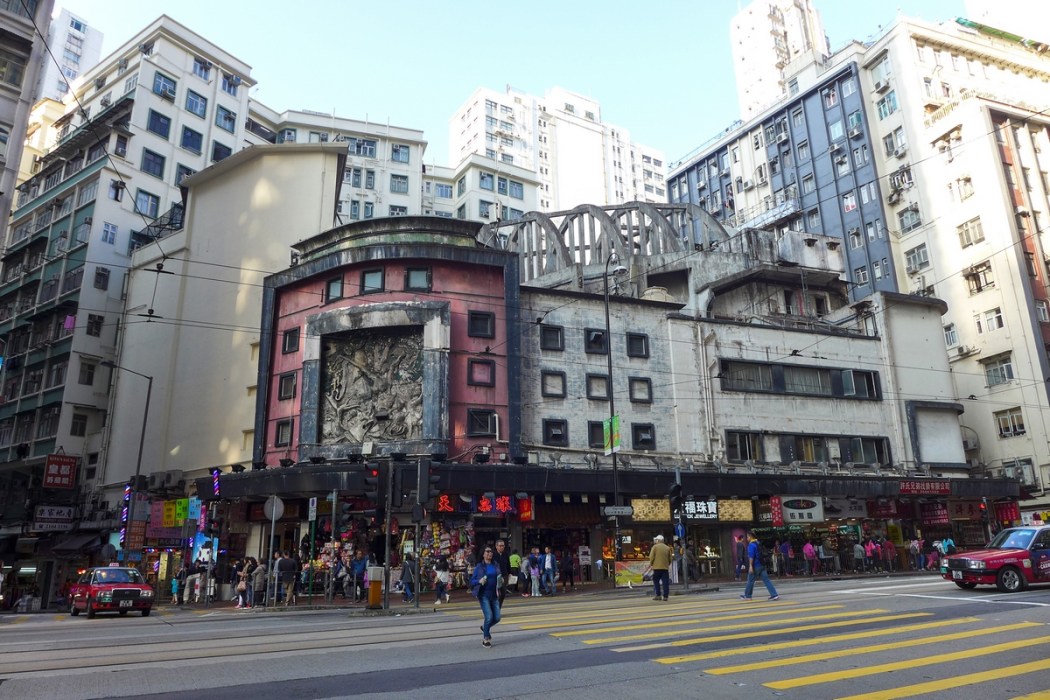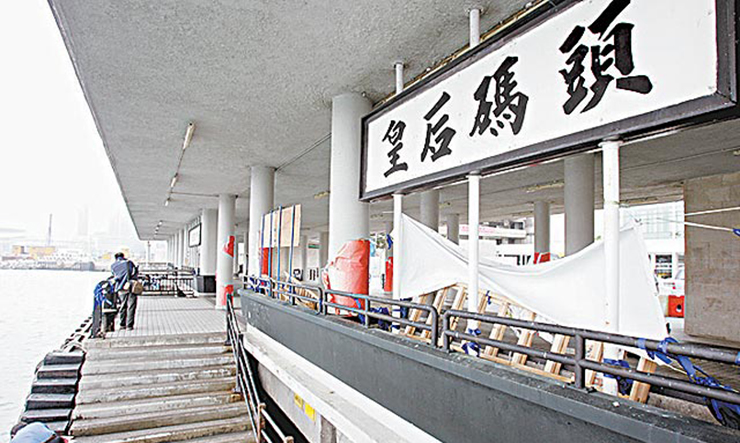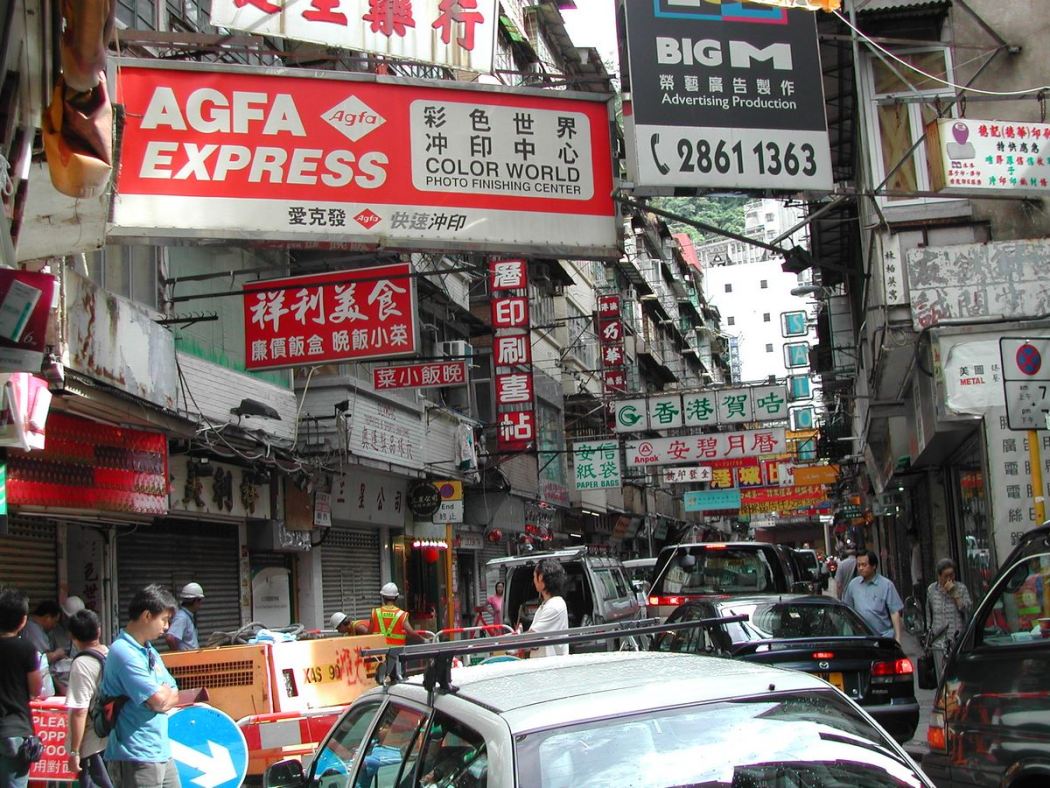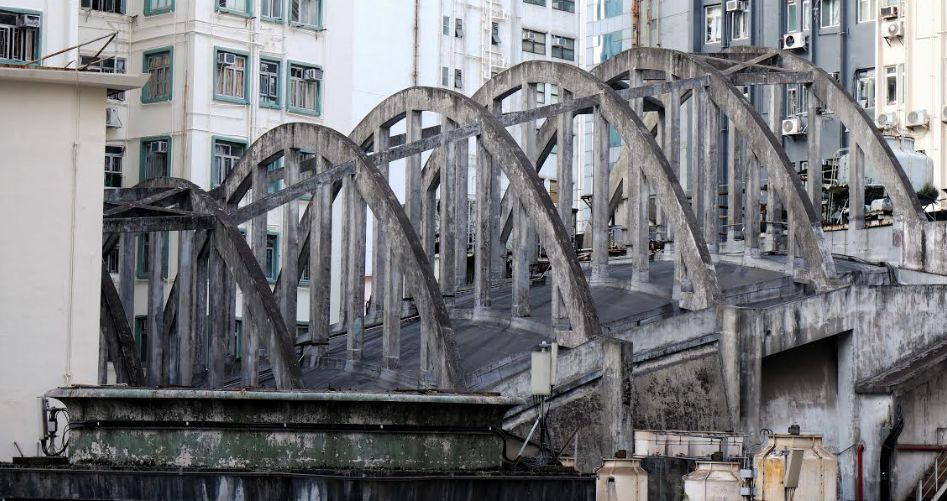One of Hong Kong’s largest developers has announced it will restore rather than demolish the 68-year-old State Theatre after a five-year community-led campaign focused on preserving the building.
The cinema in North Point opened as the Empire Theatre in 1952, 10 years before City Hall in Central, and was renamed the State Theatre in 1959. Under the leadership of Russian Jew Harry Odell, the building was both a cinema and a concert hall which brought top overseas performers such as Benjamin Britten and Isaac Stern to local audiences. Teresa Teng, who conquered the hearts of millions of Chinese worldwide, met her fans there.

Adrian Cheng, chief executive of New World Development, described the theatre as “one of the last standing cultural icons of Hong Kong.” He pledged to restore the iconic building to its original glamour, reopen it as a theatre “and build a cultural oasis that serves the community.” The scheme prompted praise from pundits and across social media.
But now comes the real test.
Because of the overwhelmingly destructive development model in Hong Kong, the city has had little success in conserving and revitalising its cultural landscape. Even when it does, the original purpose of the buildings has gone.

Gone altogether are the Star Ferry Pier and Queen’s Pier in Central, Wedding Card Street in Wan Chai, the Wan Chai Ferry Pier and Ho Tung Gardens on the Peak.
Other heritage buildings are not doing much better. The hundred-year-old Graham Street Market was halved, with the famous Wing Woo Grocery Shop amputated. The Pawn in Wan Chai is now partly a bar and only its façade survived the bulldozers. The Marine Police Headquarters in Tsim Sha Tsui is now a shopping mall for luxury brands with most of the century-old trees removed. The Tai O Police Station in Lantau is an upmarket hotel and the Yau Ma Tei Car Park Building is about to be demolished.
Given the Hong Kong government’s blatant contempt for the city’s historical landscape, there is no sound conservation mechanism. Nearly 15 years since the demolition of the landmark Star Ferry Pier provoked uproar, conservation remains a matter of advocacy by civil society rather than a matter of rules, core values or norms for corporations and officials to follow. When it comes to what and how to conserve, the discussion is mainly about the built heritage and its architectural value. The social, historical and cultural values attached to these buildings are always neglected by the government’s technocrats.

We have done so badly in this regard that the Blue House cluster in Wan Chai is the first and only project in which both the building and their original use have been conserved. The revitalised tenement buildings remain homes for ordinary people. The project received a UNESCO award in 2017.
New World Development’s decision to conserve the State Theatre as an entertainment venue is thus a significant step for heritage conservation.
The question now is what the future holds, such as the programmes that will be on offer.

Welsh theorist Raymond Williams, in a seminal piece in 1958, suggested that “Culture is ordinary”. What kind of performances, films and exhibitions will be featured in the future State Theatre? How will it relate to the North Point community or to present-day Hong Kong in general? How will it continue the role started by Harry Odell in bringing overseas performances to local audiences?
Hong Kong in 2020 has a vibrant cultural sector but it constantly struggles given the lack of government support. Will this “cultural oasis” help promote Hong Kong culture and bring it to the attention of an international audience?
The State Theatre is a private property but is also a cultural landmark, given its historical importance in promoting the performing arts and film and the community’s preservation campaign. It is part of Hongkongers’ collective sentiment and its future use is not entirely a private matter.
None of the above questions, however, would even have been raised had New World opted for the conventional Hong Kong development model of slash, burn and build.
Support HKFP | Policies & Ethics | Error/typo? | Contact Us | Newsletter | Transparency & Annual Report | Apps
| HKFP is an impartial platform & does not necessarily share the views of opinion writers or advertisers. HKFP presents a diversity of views & regularly invites figures across the political spectrum to write for us. Press freedom is guaranteed under the Basic Law, security law, Bill of Rights and Chinese constitution. Opinion pieces aim to point out errors or defects in the government, law or policies, or aim to suggest ideas or alterations via legal means without an intention of hatred, discontent or hostility against the authorities or other communities. |
Help safeguard press freedom & keep HKFP free for all readers by supporting our team

More HKFP OPINION:
HKFP has an impartial stance, transparent funding, and balanced coverage guided by an Ethics Code and Corrections Policy.
Support press freedom & help us surpass 1,000 monthly Patrons: 100% independent, governed by an ethics code & not-for-profit.










